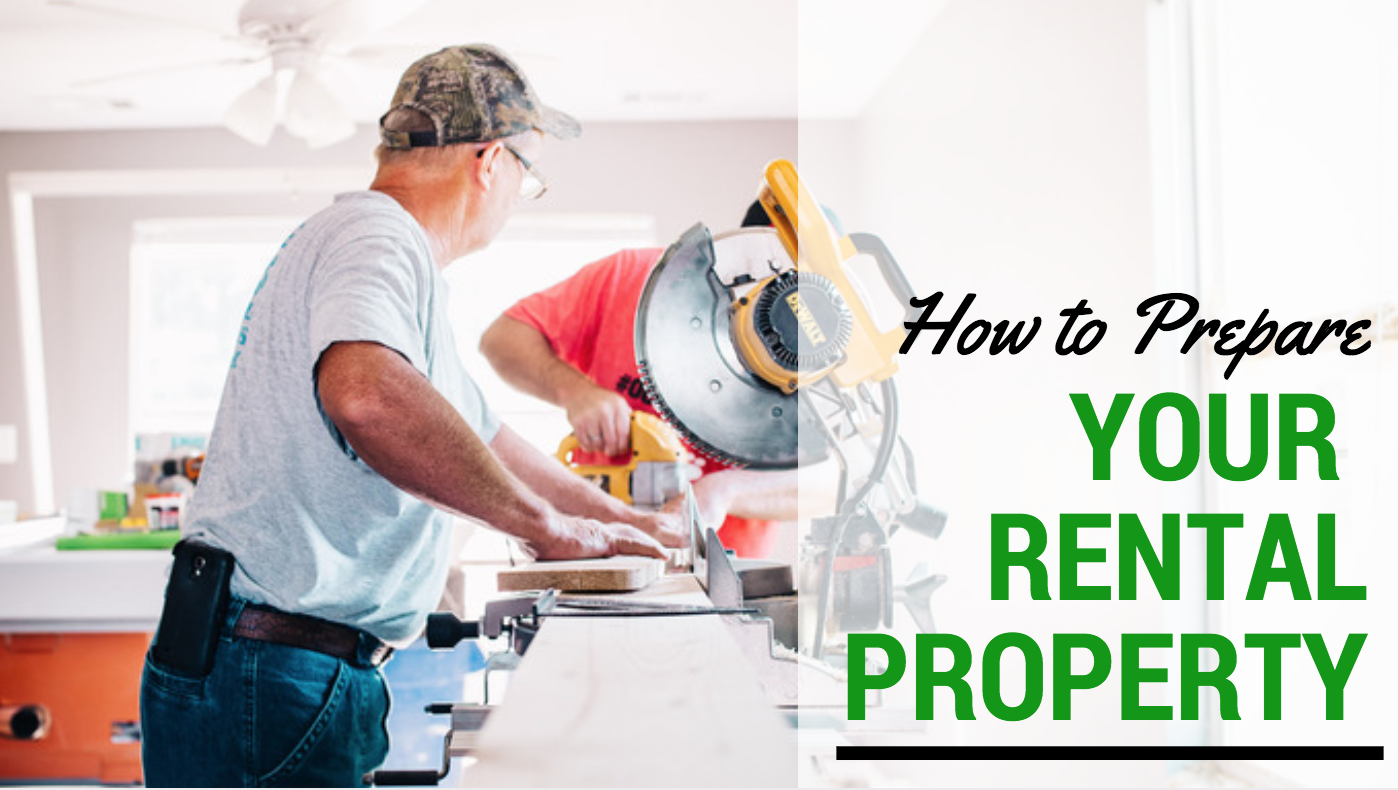Among your many responsibilities as a landlord, the law provides for a warranty of implied habitability. This means that the dwelling must be considered habitable and any known problems must be fixed before you allow a tenant to take occupancy. When a tenant vacates one of your units, take this opportunity to perform a walkthrough of the unit to determine its condition and discover what repairs or maintenance need to be done.
Here are some of the specific areas that you will need to examine in your property before you accept a new tenant.
Do all the fixtures work properly?
This includes faucets, showers, tubs, toilets, and any other fixtures. Make sure that the fixtures do not leak and that they consistently operate correctly. Address any leaks or other problems before you rent out your property. If a fixture is consistently causing problems, it may be easier — and even cheaper — to replace it to avoid future problems.In addition to providing quality fixtures for your tenants, repairing leaky fixtures can also reduce your water bill. If you pay for your tenants’ utilities and water, this can mean substantial savings.
Have the carpets been thoroughly cleaned?
Mold, mildew, and pet stains are considered health hazards, and such problems should be completely resolved before you rent out your property. Diseases such as toxoplasmosis, which is normally found in cat urine stains, can be deadly. Proper cleaning of your carpets will ensure that that your tenants will have a healthy environment. If the carpet has mildewed or there is a mold problem, you may need to replace the carpet.
Have the cabinets, closets, and storage areas been completely cleaned?
Mildew and mold can lurk underneath cabinets, especially if you have had a problem with leaky fixtures. You may have to replace a cabinet if the damage is severe.Closets are one area that tenants frequently neglect when they vacate a property. Make sure that these areas are completely cleaned and that any forgotten property is handled appropriately. You may need to track down your previous tenants to notify them that they have abandoned their belongings. Set a specific reasonable response time, and if they do not respond in that specific amount of time, you may then discard the property.
Are the walls free of chips, marks, and holes?
Depending on the length of the previous tenancy, you may have to repaint the unit. Any existing holes should be fixed before you rent out the property. If you do not plan to repaint, examine the condition of the walls carefully and make notes so you do not hold your new tenant liable for damage caused by someone else. At a minimum, you should patch any obvious holes.
Do all of the appliances operate properly?
Old appliances waste lots of energy, which is a consideration for landlords providing free utilities to their tenants. Replacing old appliances with new models will save you money on energy and repairs and maintenance. Your tenants will appreciate the newer appliances, and your electric or gas bills should be lower as well.
Does the unit have lead paint?
Most properties built after 1978 do not have lead paint. But if your property was built before that, you need to determine if it contains lead paint. If it does, you must disclose this to your prospective tenants before they move in.
Do all of the doors and windows operate properly?
Check all of the doors and windows of your property to make sure that they open and close properly and that they are in good working order. This includes cabinetry, patio doors, and windows.
SOURCE
Do all the fixtures work properly?
This includes faucets, showers, tubs, toilets, and any other fixtures. Make sure that the fixtures do not leak and that they consistently operate correctly. Address any leaks or other problems before you rent out your property. If a fixture is consistently causing problems, it may be easier — and even cheaper — to replace it to avoid future problems.In addition to providing quality fixtures for your tenants, repairing leaky fixtures can also reduce your water bill. If you pay for your tenants’ utilities and water, this can mean substantial savings.
Have the carpets been thoroughly cleaned?
Mold, mildew, and pet stains are considered health hazards, and such problems should be completely resolved before you rent out your property. Diseases such as toxoplasmosis, which is normally found in cat urine stains, can be deadly. Proper cleaning of your carpets will ensure that that your tenants will have a healthy environment. If the carpet has mildewed or there is a mold problem, you may need to replace the carpet.
Have the cabinets, closets, and storage areas been completely cleaned?
Mildew and mold can lurk underneath cabinets, especially if you have had a problem with leaky fixtures. You may have to replace a cabinet if the damage is severe.Closets are one area that tenants frequently neglect when they vacate a property. Make sure that these areas are completely cleaned and that any forgotten property is handled appropriately. You may need to track down your previous tenants to notify them that they have abandoned their belongings. Set a specific reasonable response time, and if they do not respond in that specific amount of time, you may then discard the property.
Are the walls free of chips, marks, and holes?
Depending on the length of the previous tenancy, you may have to repaint the unit. Any existing holes should be fixed before you rent out the property. If you do not plan to repaint, examine the condition of the walls carefully and make notes so you do not hold your new tenant liable for damage caused by someone else. At a minimum, you should patch any obvious holes.
Do all of the appliances operate properly?
Old appliances waste lots of energy, which is a consideration for landlords providing free utilities to their tenants. Replacing old appliances with new models will save you money on energy and repairs and maintenance. Your tenants will appreciate the newer appliances, and your electric or gas bills should be lower as well.
Does the unit have lead paint?
Most properties built after 1978 do not have lead paint. But if your property was built before that, you need to determine if it contains lead paint. If it does, you must disclose this to your prospective tenants before they move in.
Do all of the doors and windows operate properly?
Check all of the doors and windows of your property to make sure that they open and close properly and that they are in good working order. This includes cabinetry, patio doors, and windows.
SOURCE

